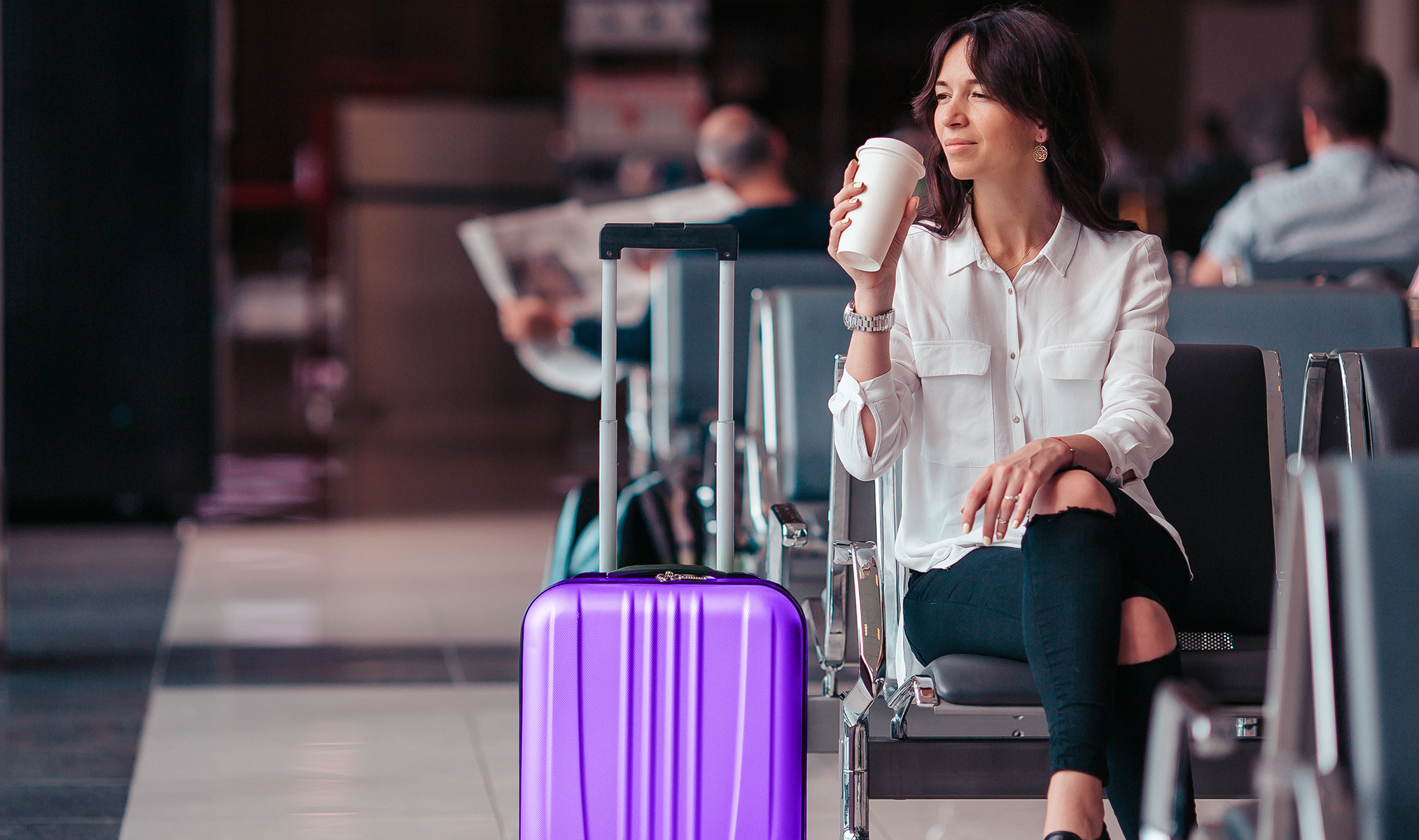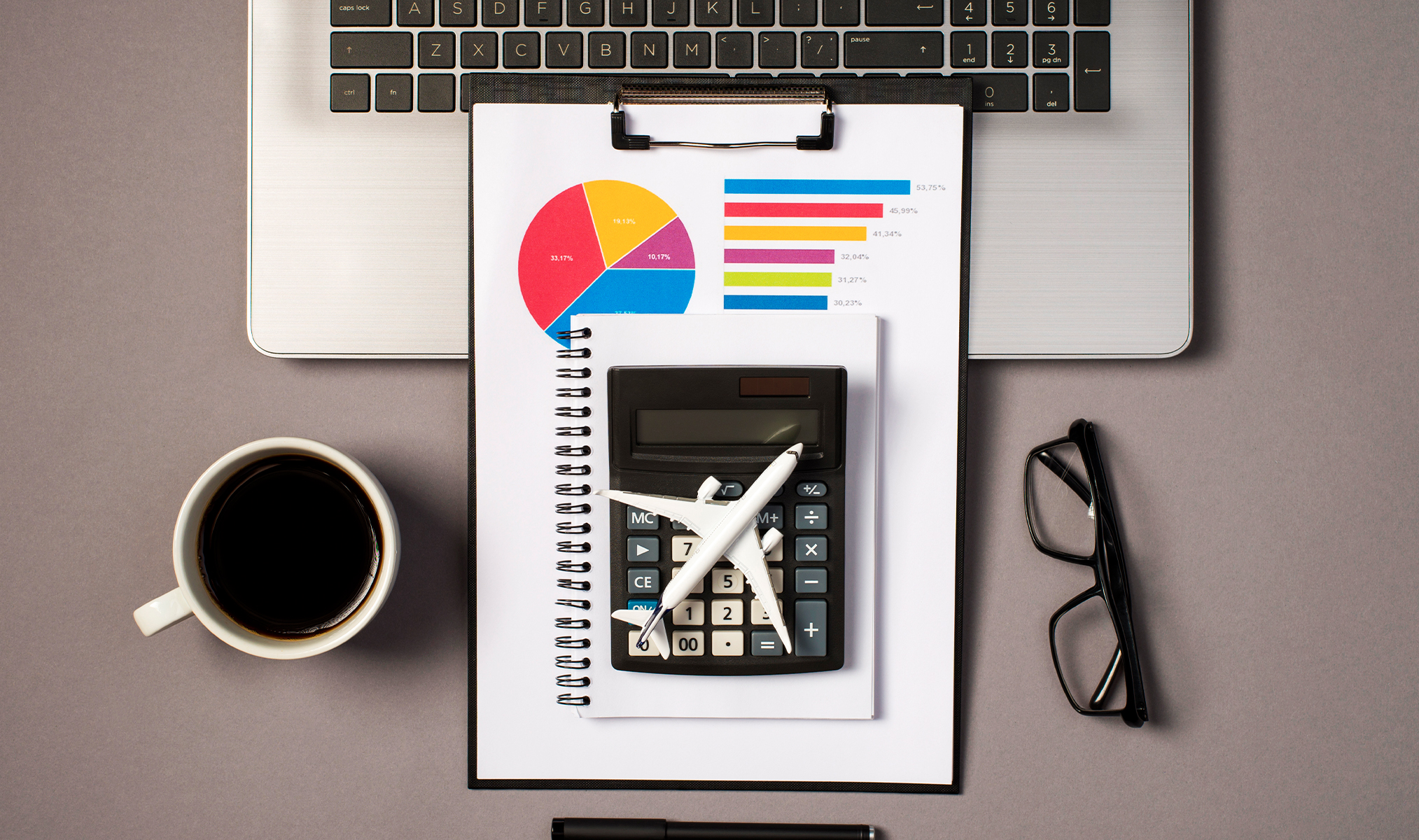What is wellbeing?
Wellbeing is defined as “the state of being comfortable, healthy, or happy.” It impacts every part of our day, from our health to our general life satisfaction and our sense of purpose. While wellbeing is often associated with physical health, it is just as relevant to our mental health.
In some countries, employers have a duty of care to not only their employee’s health and safety but also their wellbeing.
There are five main types of wellbeing:
- Emotional wellbeing: Managing stress levels and having a good sense of self-esteem with positive feelings towards themselves and others.
- Physical wellbeing: Overall physical health, including having a balanced diet and regularly exercising.
- Social wellbeing: An individual’s relationship with other people in their community, from the way they communicate to how their support network helps them through challenges.
- Societal wellbeing: Participating in different environments and cultures, from engaging with colleagues at work to being an active member of their local community.
- Workplace wellbeing: Feeling valued with a sense of purpose at work, where they feel as though their work is enriching their life.
Why travel health matters
The pandemic has changed business travel forever. While traditional corporate travel has never fully recovered, the rise of “bleisure” travel has made up for this. Remote working means face-to-face interactions are at a premium, with employees using corporate travel as a more affordable way to travel domestically and internationally.
While bleisure and corporate travel are attractive, it is even more stressful than normal commuting or personal travel. Research suggests that employees who spend 14 or more nights away from their homes every month have symptoms of anxiety, poor physical health, and a higher body mass index. There’s a clear correlation between business travel and employee wellbeing.
Comparatively, employees who prioritize their wellbeing while traveling are more productive and have a higher level of workplace satisfaction. Prioritizing employee wellbeing is a win-win as it prevents burnout and allows employees to deliver better results from their corporate travel, from nurturing relationships to growing networks.

Employees who prioritize their wellbeing while traveling are more productive and have a higher level of workplace satisfaction.
Photo : TravnikovStudio/ Shutterstock.com
Neglecting employee wellbeing can cost corporations financially by leading to absenteeism, lower levels of productivity, and declining relationships with stakeholders. Companies without an employee travel wellbeing policy may struggle to attract top talent, especially younger employees, who are prioritizing wellbeing when considering new opportunities.
Developing a travel wellbeing policy is a strategic investment in the future of your company.
Five strategies for better traveler wellbeing
A recent survey found that 39% of companies take no action to improve traveler well-being. While travel managers recognize that corporate travel can be stressful, they’re not taking proactive steps to improve traveler wellbeing.
There are different stages in the travel process where an employee’s wellbeing can be negatively impacted, from the planning process to flying and catching up on work afterward. An employee wellbeing policy should consider the impact of travel and the correlation between travel and declining employee wellbeing.
We’re sharing five strategies you can implement to improve wellbeing during corporate travel:
Improve operational organization
Not everyone travels the same way, and employees can have different stress points. Some might find the airport and transport delays to be the most stressful part, while others struggle with maintaining a work/life balance while traveling for business. Involving your employees in creating your wellbeing policy will give you insights into what aspects they might struggle with to implement proactive strategies.

Crucially, every company should have an individual or department responsible for corporate travel.
Photo: Creativa Images / Shutterstock.com
There are operational improvements HR teams and travel managers can make to track employee wellbeing, including monitoring absenteeism and retention rates for employees who frequently travel in comparison to employees who don’t.
Crucially, every company should have an individual or department responsible for corporate travel. They’re the person an employee can turn to for clarification or help when organizing their business travel.
Roundtrip makes business travel smoother with easy itinerary management tools for travel managers, employees, and finance teams.
Develop corporate travel policies
Every company should have clear corporate travel policies relating to travel arrangements. Since the pandemic, travel policies have become more flexible as employees and travelers strive for more choice.
Specific travel policies can help improve employee wellbeing, such as avoiding indirect flights to reduce stress and allowing employees to travel together. Itinerary planning is also important when considering the emotional and physical toll of traveling on an employee’s wellbeing. You might consider giving your employees the day off following a long-haul flight to recover from jet lag.

You might consider giving your employees the day off following a long-haul flight to recover from jet lag.
Photo: Antonio Guillem/ Shutterstock.com
Companies should consider the impact of spending an extensive amount of time away from home on employee wellbeing. Focusing business travel during working hours and avoiding weekend trips can help improve employee wellbeing by making it easier to maintain a work/life balance.
Decide on whether corporate travel necessary
The world is more connected than ever before. You’re only ever a flight (or two!) away from almost anywhere in the world. It might make it seem like business travel is easier, but it’s not always necessary.
Unnecessary corporate travel can be counterproductive, especially with the rise of remote working and virtual meetings.
Corporate travel that isn’t necessary negatively impacts employee wellbeing and may not generate a positive ROI for your company. Creating a corporate travel policy will help employees, travel managers, and finance teams determine whether a trip is necessary. Having to justify travel in line with a set policy can ensure that employees aren’t stretching themselves too thin or overworking themselves by taking on additional work trips that aren’t beneficial.

Creating a corporate travel policy will help employees, travel managers, and finance teams determine whether a trip is necessary.
Photo: Inspiration GP/ Shutterstock.com
Consider employee health and wellness
We all slack on our routines when we travel. We’re less likely to exercise and adopt unhealthy eating habits. It’s harder to have a consistent sleep schedule and stay on top of nutrition and exercise while traveling. Companies should encourage employees to implement wellness practices, from mindfulness exercises to wearing compression stockings during long-haul flights.
Employees often feel more stressed after a trip than during it.
An employee might feel like they have to work extra hours to catch up once they come back. HR employees and department leaders can help mitigate these problems by delegating work to other colleagues and allowing employees downtime after a trip.
Extra attention should be paid to the wellbeing of the most frequent travelers within a company, including those with back-to-back work trips, traveling across time zones, or taking unsociable flight times.
Travel managers and HR teams can hold regular surveys and encourage frequent travelers to have annual health checks. These employees are the ones most at risk of burnout due to the negative correlation between travel and employee wellbeing. Consider giving employees paid time off after extensive travel and putting additional support in place to ensure their work is covered while they’re away.

HR employees and department leaders can help mitigate these problems by delegating work to other colleagues and allowing employees downtime after a trip.
Photo: Jack_the_sparow / Shutterstock.com
Manage travel disruptions and planning
Travel disruptions happen daily. 23% of flights at the world’s 10 largest airports were delayed, while 26 million pieces of luggage were lost, delayed, or damaged in 2022. These problems can create stressful situations that negatively impact an employee’s wellbeing. Having the right support system in place is crucial, from rebooking canceled flights to having policies for lost luggage or missed transfers.
Companies can make corporate travel easier by giving their employees the tools they need for stress-free travel. Providing an international data plan means employees can stay connected on the go without relying on public Wi-Fi. Apps for local train services and maps can make it easier for employees to navigate their way through foreign cities to reduce travel stress and anxiety.
Technology allows companies to stay in touch with their employees with updated itineraries, real-time booking updates, and planning tools. The key to stress-free business travel is putting the right support system in place.
At Roundtrip, our team is available 24/7 to help throughout any stage of your trip.
Our multi-lingual account managers can help during your trip or pre-check, reducing stress and helping to avoid confusion. Roundtrip gives you the peace of mind that there’s support available for you or your employees, wherever they are in the world.

Having the right support system in place is crucial, from rebooking canceled flights to having policies for lost luggage or missed transfers.
Photo: GAS-photo/ Shutterstock.com
Simplify corporate travel with Roundtrip
Roundtrip is your partner in creating stress-free corporate travel itineraries. We work with corporate travel managers, finance teams, and professionals to streamline travel planning.
Get started with Roundtrip today to access the best rates on 2.5 million hotels, transfers, car rentals, and airline tickets with employee profiles and downloadable invoices to simplify corporate travel.
Cover design by Follow/ freepik.com


